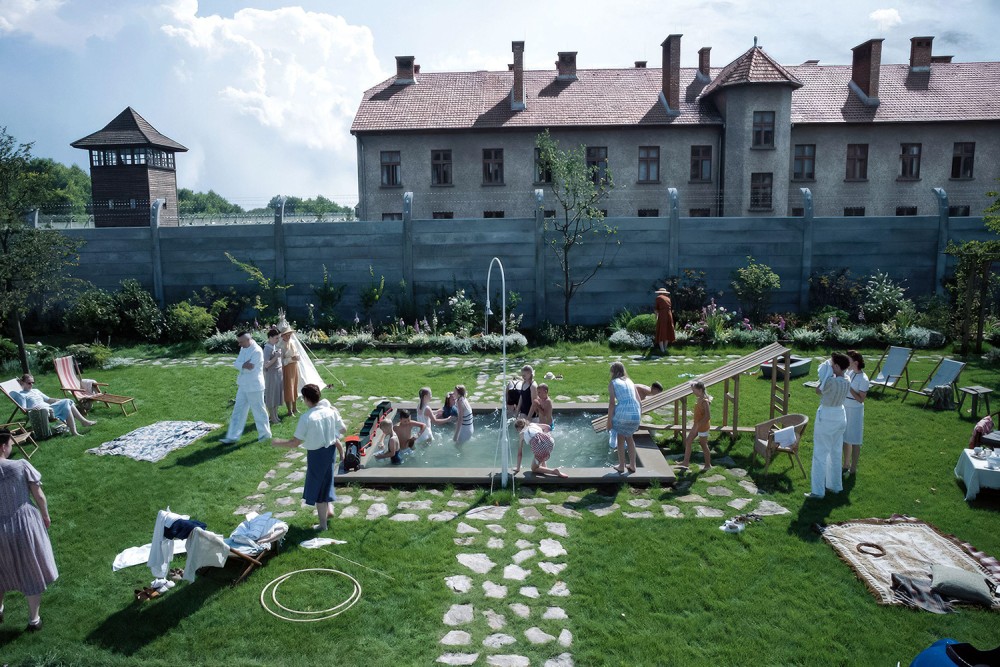Why do you want to see?
The Zone of Interest interrogates the desire to bear witness that animates the Holocaust movie as a genre.

Eleven years ago, The Hollywood Reporter hosted a roundtable to hype the Oscars. Somehow things got on to the topic of Holocaust movies, and Austrian director Michael Haneke called movies like Schindler’s List “unspeakable” because they make mass murder into entertainment: drama and resolution, suspense and catharsis, popcorn and candy. The only responsible way of representing the Holocaust on film, Haneke said, is for the film to refuse to entertain, for it to demand something of the viewer: “What do you think about this? What is your position? What does this mean to you?”
Reducing the Holocaust to entertainment might be unspeakable, but the Holocaust movie is a garrulous genre. Wikipedia’s “List of Holocaust films” article shows roughly five new ones every year. A cynical reading of the genre’s popularity is that it offers the audience a sadistic thrill at the spectacle of limitless violence. But movies like Schindler’s List and The Pianist are popular for an understandable reason as well: they promise to make the incomprehensible comprehensible, to take the unhealing wound of millions of lives snuffed out and forever unlived and suture it up in the familiar arc of a blockbuster.
We can watch The Boy in the Striped Pajamas and tell ourselves that we have borne witness to a thing that in reality exceeds our understanding. Kalonymus Kalman Shapira, the rabbi of the Warsaw Ghetto, preached to his community before its destruction that the reason for God’s absence is that God’s sorrow over the Jews’ suffering is too great for the world to bear. To keep the world from breaking, God retreats into his private chambers and weeps in lonely agony. The Holocaust movie offers the fantasy that we can finish this mourning, a power not even God has.





